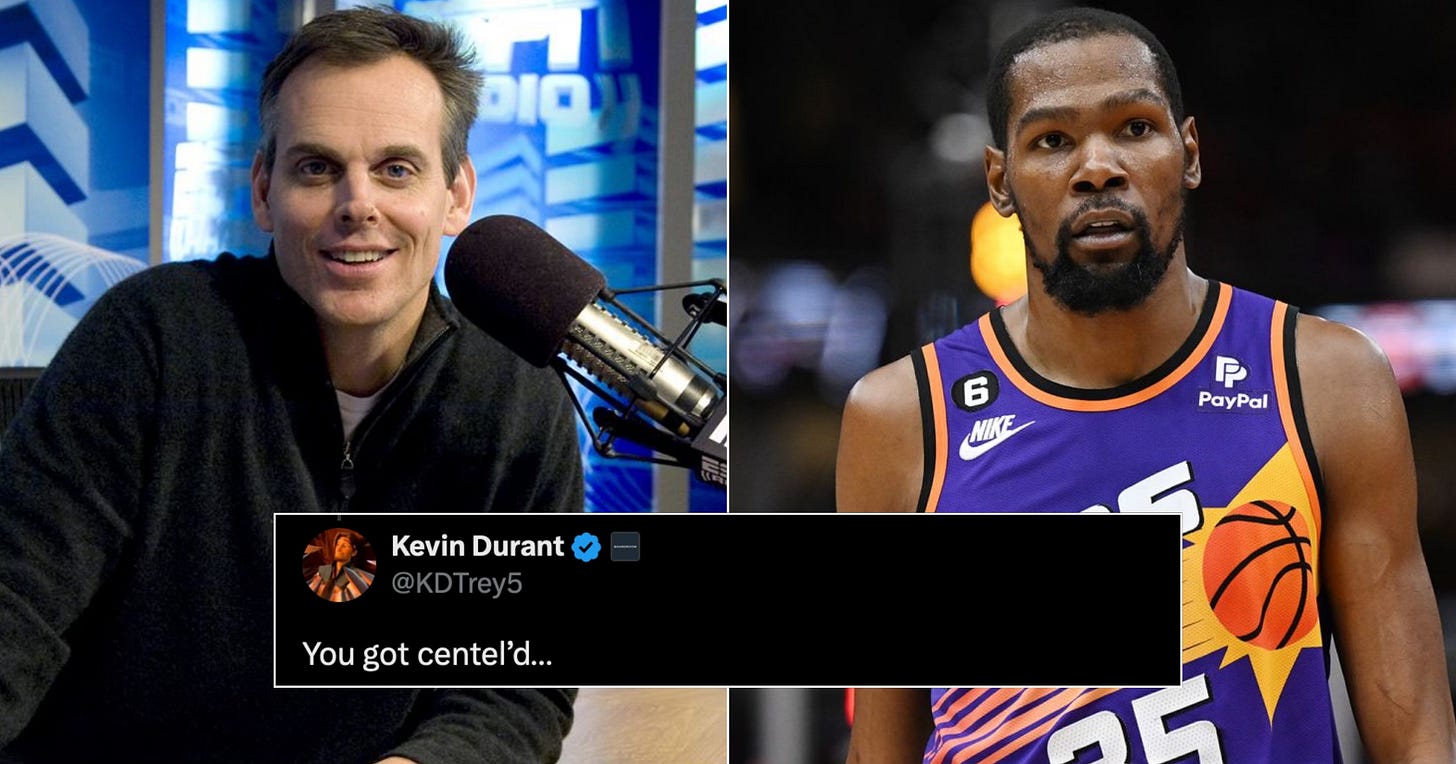NBA Centel Ban Sparks Debate On Sports Satire & Misinformation
The suspension of the popular parody account raises questions about content moderation, free speech, and the impact on NBA fan engagement in digital spaces.
The recent alleged suspension of the NBA Centel account on X (formerly Twitter) has ignited discussions among basketball fans and media professionals. Known for its satirical and often deceptive content, the account blended parody with misinformation, sometimes catching even seasoned analysts off guard. Its sudden disappearance has sparked debate over content moderation, free expression, and the impact of restricting such accounts on fan engagement and online discourse.
NBA Centel’s influence extended far beyond casual humour, frequently drawing interactions from NBA players and sports media personalities. Phoenix Suns forward Kevin Durant publicly called out fans for believing the account’s fake reports, highlighting the blurred line between satire and reality. Meanwhile, analysts like Colin Cowherd were inadvertently duped by fabricated stories, including a claim that the Dallas Mavericks had banned Luka Dončić jerseys from their arena.
The ban raises important questions about X’s policies on parody accounts and their role in the sports media landscape. In December 2024, the platform introduced new rules requiring parody accounts to clearly label themselves, but NBA Centel had already gained notoriety for misleading content. Whether the suspension was due to policy violations or external complaints remains unclear, but the move has reignited discussions on how satire should be handled on major social platforms.
For fans, the ban represents a loss of a widely followed entertainment source that provided comic relief in a sport often dominated by serious analysis. Many users enjoyed the account’s absurd take on NBA news, adding a playful element to online discourse. However, others have welcomed the removal, arguing that it spread misinformation too convincingly and created unnecessary confusion among fans, players, and even mainstream media outlets.
From a PR perspective, X’s decision brings both benefits and drawbacks. It demonstrates the platform’s commitment to fighting misleading content, which strengthens credibility and trust. However, it also risks alienating users who value NBA Centel’s satirical role in the sports conversation. This underscores the challenge of balancing content moderation with user engagement, with the reputational impact of the ban including:
Fan Reaction: While some fans appreciate a more reliable news environment, others view the ban as an overreach, limiting creative sports satire.
Media Integrity: The removal of misleading accounts helps protect journalism, preventing false reports from infiltrating legitimate discussions.
Platform Policies: X must maintain consistency in enforcing its rules, ensuring fairness while allowing room for comedic and satirical content.
Alternative Spaces: With parody accounts under scrutiny, fans may seek other platforms or meme pages for similar humour, shifting engagement patterns.
Ultimately, the suspension of NBA Centel underscores broader tensions in sports media between entertainment and accuracy. Satire has long been a staple of sports culture, but its role on digital platforms remains contentious. As audiences demand both credibility and entertainment, companies like X must navigate these waters carefully, ensuring that their actions align with their broader vision for online discourse.





